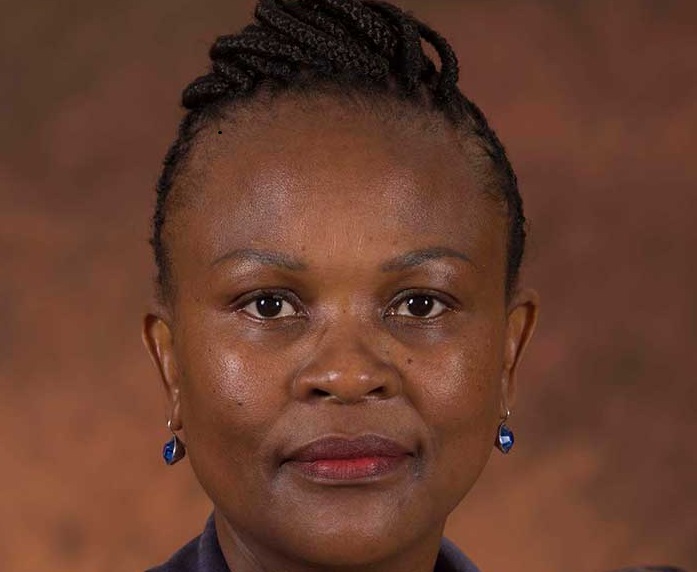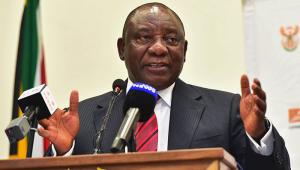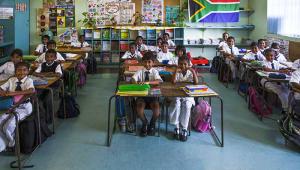web_busisiwe-mkhwebane_gcis.jpg

Busisiwe Mkhwebane, South African public protector. Credit: South African Government Communication and Information System (GCIS)
Speaking yesterday, public protector Busisiwe Mkhwebane recommended that constitutional changes be made to make the South African Reserve Bank (SARB) promote economic growth and socio-economic wellbeing rather than currency and price stability.
Her comments, which if realised would mean SARB significantly deviates from the independence and focus of other central banks around the world, shook the markets and prompted concern from the bank itself.
“The amendment would, if affected, strip the reserve bank of its key competency to protect the value of the currency and the well understood role that central banks play in securing price stability,” SARB said in a statement published today.
It warned the amendment proposed would negatively impact the bank’s independence and is “unlawful”, falling outside of the public protector’s powers.
“The reserve bank has been advised to bring urgent review proceedings to have the remedial action set aside,” it continued, adding it had resolved to do so.
Mkhwebane made the remarks while announcing the findings of several investigations, namely during the agency’s judgement on an apartheid-era bailout of Barclays Africa Group by SARB, worth 1.125 billion rand at the time.
It was decided the bank should repay the money – a ruling it also disputes – but it was not clear why Mkhwebane also strayed into monetary policy.
Analysts NKC African Economics said the move would be perceived as an “overtly political plan” to interfere with the mandate of the bank in the “clear pursuit of short-term political gain”.
Its analyst Gary van Staden added that, with public officials making such sweeping pronouncements with apparently no consultation with key figures like the country’s finance minister, it was clear governance was in a “tailspin”.
“Driven by populist, overtly factional political motives, decisions are taken and announced in an overarching policy vacuum... that lacks substance, definition and any prospect of success,” he said.
South Africa’s economy has already been struggling under the weight of a series of corruption scandals, political infighting and mistrust in the competence of the government.
After a series of credit ratings agencies downgraded the country’s status, with two cutting it to junk, the South African economy fell into recession.
Speaking at a business gathering late last night, SARB governor Lesetja Kganyago warned: “The ratings agencies have been clear that the effectiveness of the central bank is one of the strongest pillars supporting this economy – a claim that speaks to both our price and financial stability mandates.”












